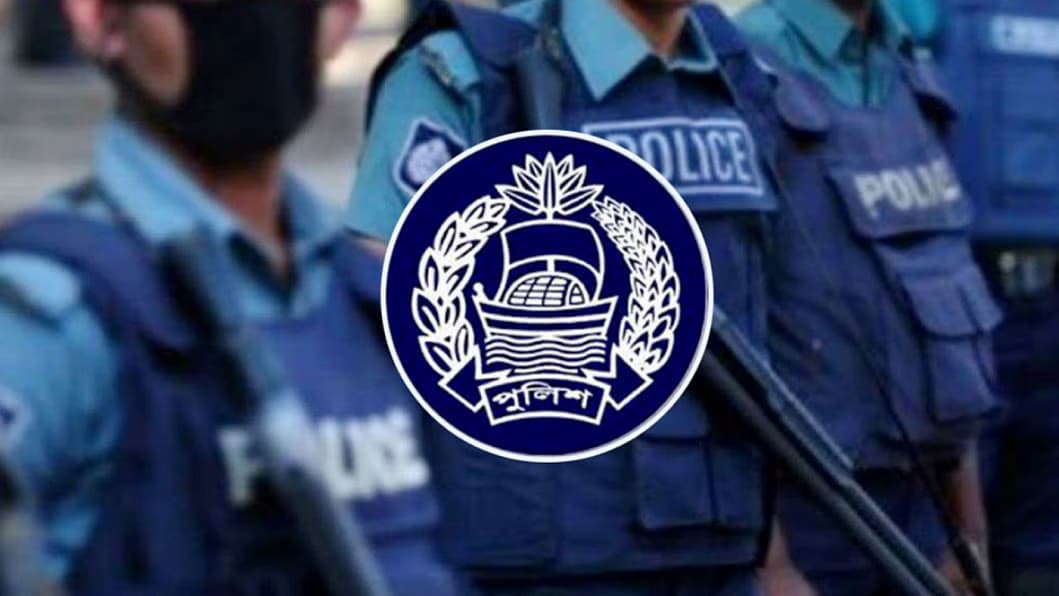Let police be pro-people

The Police Reform Commission submitted their reform proposals to the Chief Adviser of the interim government, Dr. Muhammad Yunus, at the Chief Adviser’s Office on January 15. The proposals cover various issues, including the use of force, detention, arrest, search, interrogation, human rights, creating an unbiased and accountable force, recording general diaries (GDs) at police stations, case registration, investigation, and verification. Particularly, the report suggests setting limits on the use of force by police in controlling illegal gatherings and processions, providing guidelines for arrest without warrants, and for the custody and interrogation of suspects. Additionally, the Commission has recommended amendments and revisions to 22 laws to reform the force.
In the July-August student and public uprising, the excessive use of force by the police against ordinary people damaged the reputation of the police force, which became widely criticized and questioned by people from all walks of life. In many areas, angry students and the public attacked police stations and posts. After the uprising, it took some time for the police to resume normal operations. Since then, discussions on the need for police reform have continued, and the Police Reform Commission was formed alongside other reform commissions. The Commission sought the opinions of the general public to prepare its recommendations for police reform. A survey showed that 88.7 per cent of participants emphasized the need to make the police force free from political influence.
Based on the recommendations, there may be some reforms in the police force, but there is still skepticism among many about how truly people-friendly the police will become in our country. It is reported that the recommendations suggest following the European model regarding how the police should interact with the public. There are specific rules for controlling crowds or gatherings, and the police department has been instructed to prepare a detailed guideline on this matter.
Although the police are members of a specialized force, they are still individuals. If the police, as individuals, do not improve their ethical standards, then what results can be expected from merely changing laws or making some reforms? Experts analyzing the reform proposals have pointed out that some aspects of the recommendations are ambiguous. Without political will, achieving a qualitative change in the police force will also be difficult. Therefore, while the purpose of the reform proposals is good, it is difficult to say how and through what process they will be implemented at this stage. This is because previous efforts to reform the police have ultimately failed to materialize.
We know that the police force serves as a shield of security between the state and the individual. Even if an individual feels insecure before the state or society, they should find refuge in the police, and any crime they may have committed should be judged by the courts. However, in our country, the police often take on the role of judge themselves; and in many cases, they act as a tool for the powerful, which is completely opposite to the intended role of the police. Therefore, social and legal analysts suggest that the police should not rely on the use of force; instead, they should win the public's trust through leadership, compassion, influencing capacity, and humanitarian qualities. Additionally, regular training in professional matters is necessary for the police. To facilitate crime management, it is important to create and implement a neutral, representative, and non-political community policing platform at each police station.


Leave A Comment
You need login first to leave a comment